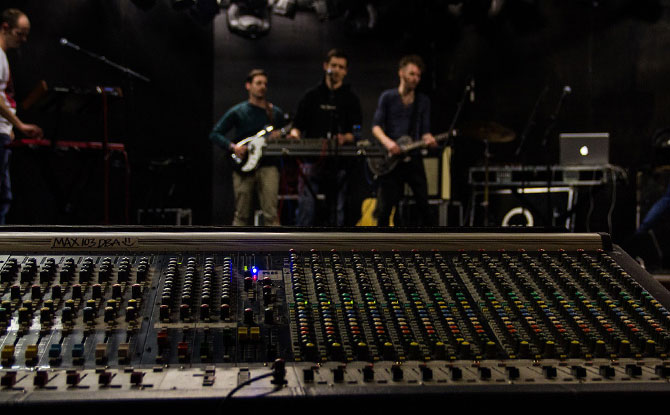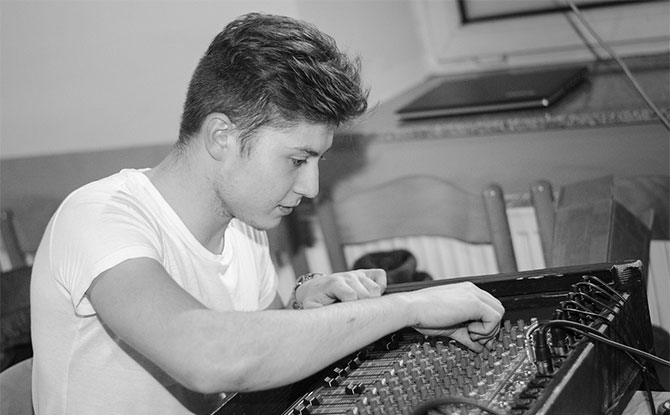Maybe you’ve been told to take over the management of the sound at a venue, or are setting up a new sound and AV support team. But what exactly does that entail and what do you need to do? In other words, what exactly are the responsibilities of a sound operator or sound engineer, especially in a live sound setting?
Overview of What a Sound Engineer / Sound Operator Does
The sound engineer is responsible for operating and maintaining the sound equipment. This is true whether it is for live performances or in a studio. This involves setting up, adjusting, and managing the sound system, as well as troubleshooting and resolving any sound issues that may arise during a performance.
However, the responsibilities of a sound operator also goes beyond just the equipment aspect. It also involves human interactions and there are people skills required too. This last one is very often undiscussed and under-appreciated aspect of the role.
The responsibilities of a sound engineer or sound operator include:
Being sympathetic to what is happening on stage

A sound operator is not just a member of the behind the scenes crew but an essential part of the action that is taking place on stage. Therefore, an essential quality is that the sound operator must be aware of and sympathetic to what is going on on stage. This could be understanding how a band wishes to sound, or wanting to help a presenter on stage deliver his or her message across to the audience as audibly clearly as possible.
Setting up and configuring the sound system
This includes setting up the speakers, amplifiers, mixing console, microphones, and other equipment to make sure it is in proper order to be used.
Soundcheck
Running a soundcheck is the process of setting the levels and adjusting the processing of the sound, for example equalization of the different instruments and vocals in the mix. This is to ensure that all elements are balanced and that the overall sound is clear and pleasing.
Mixing the sound
During a performance, the sound engineer is responsible for adjusting the levels, equalization, and other settings of the sound system to achieve the desired sound.
Troubleshooting sound issues

A good sound operator will be able to quickly identify any sound issues that may arise during a performance. It is then his or her responsiblity to make sure that the issue is addressed as quickly as possible.
Maintaining the sound system
The sound engineer is responsible for keeping the sound equipment in good working condition. In a venue, this may mean regular maintenance which could require him or her to call in the right technicians to make necessary repairs or replacements.
Working with other members of the production team
Sound engineers often work closely with other members of the production team. These include crew like the lighting designer and the stage manager. By working together, the sound engineer can help to make sure that the overall production runs smoothly.
Keeping up to date with new developments and technology
Like many other areas of work, the field of sound engineering that is constantly evolving with new technology. It is important for sound engineers to stay up to date with the latest equipment and techniques.
These are some of the main responsibilities of a sound engineer or sound operator that is managing sound systems. Depending on the venue, event or the company they work for, the duties might vary. The role of sound engineer is a crucial one as it can make or break the overall experience of the audience.

